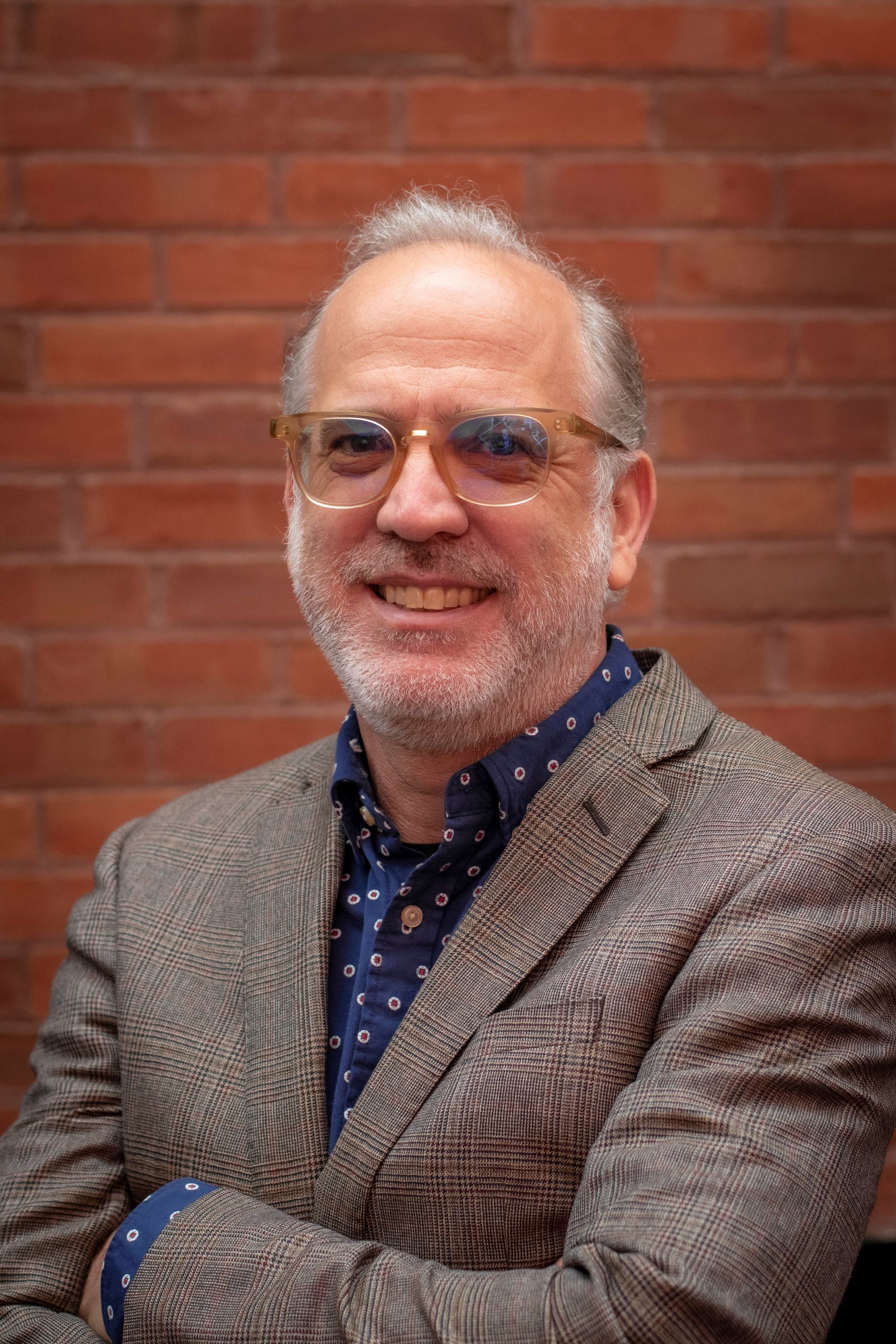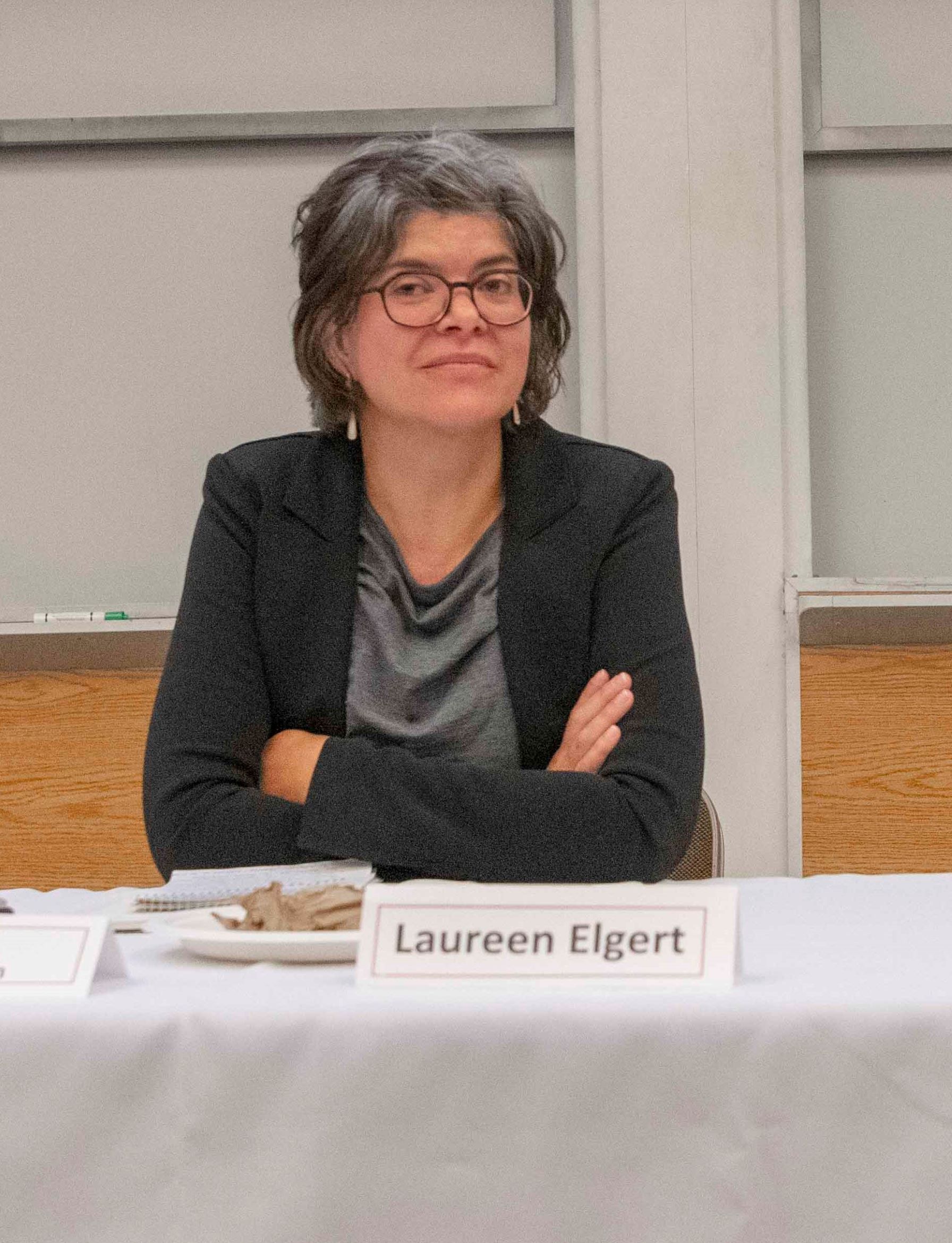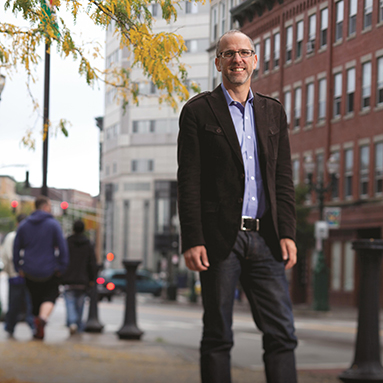“We need to work in a mode that’s transdisciplinary and transregional to find solutions to problems at both the community and global levels,” says Elgert. “This gives researchers the opportunity to recast what we’re doing through new partnerships and broaden our horizons through collaboration—developing and engaging in two-way dialogues, and opening the channels of communication to create an equitable back-and-forth exchange.”
Though InSTeD was only recently launched, Elgert’s work with the Institute has already brought her into contact with other faculty members with whom she may never have met. Those meetings are now opening possibilities for future collaborations. She says she’s approaching these new interactions with an open mind, much in the same way she teaches her students to “ask first, and then answer questions later.”
It’s a method Krueger also preaches, saying he works with students on how to practice what he calls “un-learning.” While that may seem like an unusual concept for a research institution, it’s really about leaving assumptions behind and encouraging students to “sit back and take in what’s going on around them” he says.
InSTeD’s goals are consistent with the mission of The Global School, founded at WPI in 2020. Its collaborative and transdisciplinary approach spans all four schools at WPI— the School of Arts and Sciences, the School of Engineering, The Business School, and The Global School— and seeks to engage faculty and students from the entire university.
Dean of The Global School Mimi Sheller notes that “the increasing complexity and diversity of global challenges in health, energy, food, water, sustainable ecosystems, and resilient economies calls for new convergent interdisciplinary approaches. But it also calls for greater multicultural competency, transdisciplinary thinking, and attention to ethical engagement with global partners.” InSTeD will not only support WPI’s mission of global project-based learning, Sheller observes, but also “offers a distinctive way of embedding horizontal teamwork and global cooperation into the training of a new generation of diverse STEM students.”
Overall, InSTeD complements the very heart of a WPI education and supports one of the university’s central goals in its new Strategic Plan: creating technological humanists. Krueger says, “InSteD aims to cultivate a cadre of problem solvers and innovators, and reframe the goals of science and engineering in development, while promoting equity and social justice.”









